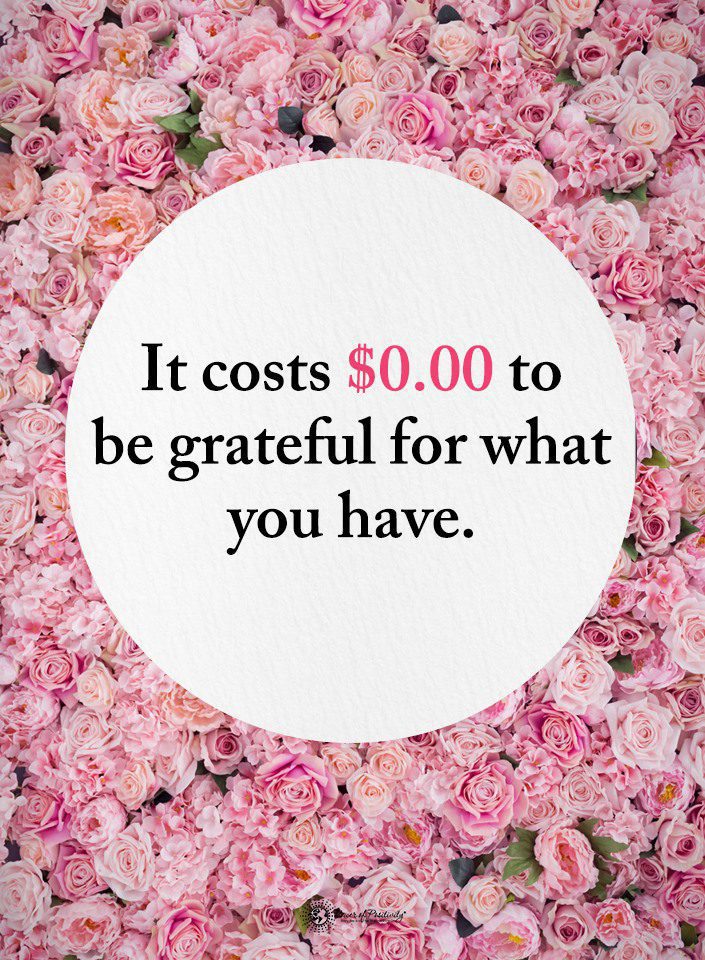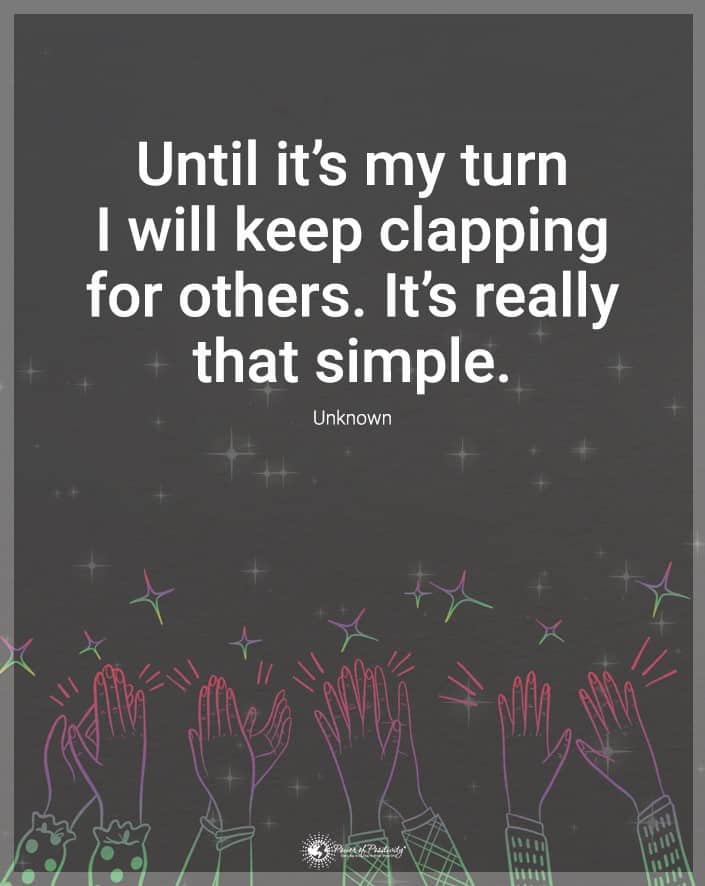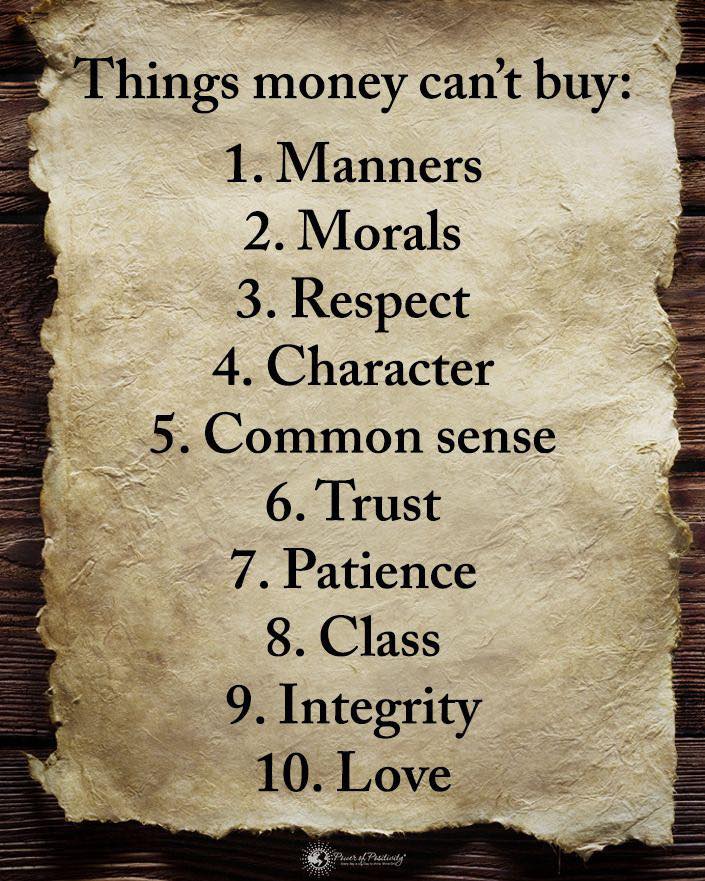Do you ever feel like you’ve forgotten how to be thankful for what you have? That you always chase more and more and still you are never happy? Have you forgotten what gratitude even feels like? Perhaps it’s time to consider some new ways to fill your heart with gratitude.
This is the reality for most people trying to get by in today’s society. Life gets in the way, they work all the time, and they have less and less time to stop and be grateful. Sometimes life gets too hectic to appreciate the little things. It’s legitimate to have a hard time understanding how to be appreciative of your life. If this is your case, here are some tips to fill your heart with gratitude.
What Is Gratitude, And Why Is It Important?
There are many different definitions of gratitude. The simplest one describes it as the thankful appreciation of what one receives, whether tangible or intangible. Experiencing gratitude at its core requires conscious effort. In practice, it is much more than showing good manners. It requires acknowledging someone else’s gesture towards you or the things going well in your life. Meaning it’s not enough for good things to happen. You have to give them value and recognize them for what they are. These are not just simple occurrences of daily life but actions and situations that give you a net benefit.
Two Stages Of Gratitude
 In this sense, there are two stages of gratefulness. First, there’s the affirmation of goodness. Second, the process of understanding where goodness comes from.
In this sense, there are two stages of gratefulness. First, there’s the affirmation of goodness. Second, the process of understanding where goodness comes from.
Gratitude is just as much an emotion as it is a feeling. You can feel grateful and be grateful. Feeling grateful requires you recognize the positives and their outcome. Being grateful takes everything a step forward by making you want to reciprocate the good that you received.
But why is it so important to feel and be grateful? Well, gratitude has been linked to health and psychological benefits.
It improves health by facilitating a state of relaxation. It improves the immune system and decreases blood pressure. Grateful people seem to cultivate better habits. They eat more nutritious food, exercise, and avoid risky behavior.
According to psychologist Robert Emmons, gratitude facilitates a more optimistic attitude. It amplifies positive emotions, such as joy, and makes you more resilient. Grateful people tend to be less depressed and anxious.
It has also been shown that grateful people have more brain activity in the medial prefrontal cortex. That is the part associated with learning and decision-making. Essentially, grateful people tend to be faster learners and have better decision-making skills. And this is a long-lasting change in how the brain works.
Lastly, according to researchers Adam Grant and Francesca Gino, gratitude leads to stronger relationships and a sense of community. People develop a sense of trust and companionship when they appreciate each other’s help. Being openly thankful towards someone will increase the chances of them liking you.
Five Quick Ways To Fill Your Heart With Gratitude
Gratitude is great on an individual level. But how can you learn to practice gratitude in your daily life?
1. Keep A Gratitude Journal
What kind of advice is this? You’re not twelve anymore. Why would you need to keep a journal? It seems like it wouldn’t help at all, but have a little faith in the process.
Usually, people tend to lose track of little things. If someone complimented your hair or gave you a pen, it might slip your mind. Small gestures are easily missed, especially during a busy day. This is why it’s crucial to create a habit of writing down everything good that happens to you in a day. You avoided walking in mud. Write that down. Someone held the elevator for you. Yes, that’s journal-worthy. This will focus your attention on the positive and make sure you never forget all the good you encounter daily.
Why is this important? It reminds you that the world is not as black as it seems. Thinking of a few things to be thankful for daily will rewire your brain. This is also known as practicing mindfulness. Every day take a few minutes to think about 5 to 10 things you appreciate. Picture them in your mind, and let the gratitude flow through you. In 8 weeks, this will become a habit, and your brain will be rewired for positive thinking.
2. Volunteer to Fill Your Heart With Gratefulness
Help puppies at an animal shelter find their forever homes. Work on homework with disadvantaged kids. What better way to practice gratitude than to give back to a cause you are passionate about?
Volunteering is the most selfless way to have a positive impact on society. Not only is it good because it helps the needy immediately, but it can also shift your perspective on life. It will make you aware of all the hardships in the world, thus disallowing you to take things for granted.
Being faced with the harsh reality of the world will give you something to use as a comparison when analyzing your life. You will never think that spilling a coffee is the worst thing that could happen. Instead, you will learn to be appreciative of the comfort you have in your daily life. You will start feeling grateful for the little things you used to take for granted.
Research proves that volunteering to help increases your well-being. Thus, it increases your ability to feel gratitude. This theory has been supported by University of Pennsylvania professor and psychologist Martin Seligman.
3. Put Yourself In Someone Else’s Shoes
Complementing the idea of volunteering, putting yourself in someone else’s shoes broadens your perspective on life.
Make a conscious effort to understand how other people feel, how and why they have it worse. How do people working in retail feel when blatantly disrespected by rude customers? How does that orphaned kid feel knowing they have no support system and no one to lean on financially? Or how does that single mother manage three kids and two jobs?
Understanding that others have it worse gives you a better grip on what good and bad mean. Comparing your stable life with someone who has it much worse can humble you. According to psychologist Jordan LaBouff, it is nearly impossible to be compassionate without being modest.
By being humble, you will also be on the right track to learning to embrace setbacks. You will know to look for silver linings and single out the excellent no matter the situation. This will improve the positive mindset and put you on the right track to feeling grateful. It will also make you more likely to be proactively grateful and engage in random acts of generosity.
4. Spend Time With Loved Ones, It Will Fill Your Heart
Spending time with people who make you happy will open your eyes to the positives in your life. Making an effort to use your free time to meet friends and family will make you more positive and appreciative of what you have.
But simply spending time with people is not enough to be genuinely grateful. You should share that gratitude with them openly. Please make an effort to tell your family you are thankful to have them around and raised you. Let your friends know you appreciate all the times they helped and supported you. Remind your significant other how much you love them.
Always remember to thank people who lend you a hand. And, if you can, repay their kindness with a kind act of your own. Whenever someone helps you, make an effort to help them in their times of need. Focus on others and try to let go of selfish behaviors. Instead of buying yourself an expensive perfume, maybe buy one for a family member. Seeing the joy on their face will make you instantly feel grateful and happy.
Use visual reminders to make sure you stay grateful. It has been shown that people are the best visual reminders of why your life is good. Whenever you feel down, meeting with someone you love will instantly remind you of why you have so many things to be grateful for.
5. Make Gratitude Part Of Your Routine
Once you understand how to feel and be grateful, the final step is to remember to practice it every day is not enough to engage in a fleeting act of kindness once in a blue moon. You have to be actively grateful.
Therefore, you have to make gratitude part of your daily routine. Doing that is dependent on your language and mindset.
Learn to use positive language. Not only when referring to other people and things, but also when referring to yourself. Stay away from gossiping and bad-mouthing others, but also stop being self-derogatory. Also, learn to say thank you more often and don’t assume you are entitled to kindness. If someone borrows you a pen, thank them. If they give you a ride, thank them. No matter how small or big the gesture, learn to be vocally thankful for anything.
Lastly, be fully present. Focus on what you have, not on what you had or might have. Understand that you live in the moment, and you should be thankful for any small thing. Maybe you have a worse job now, but if you still have your health, be grateful for thaDon’tn’tthaDon’tn’tthaDon’tn’tthaDon’tn’t wallow in self-pity thinking about what you had. Instead, make peace with what you have now. Be optimistic and do the best with what you have.
 Final Thoughts On Some Quick Ways To Fill Your Heart With Gratitude
Final Thoughts On Some Quick Ways To Fill Your Heart With Gratitude
Gratitude is something foreign for most people. Everyone is taught to crave more and more, to the point where even the richest, healthiest, and prettiest people are unfulfilled. It can be hard to be grateful for your average life in this never-ending chase for material goods. The good news is, it is not impossible. You can not only learn to feel appreciative, but you can work gratitude in your daily life.
If you find yourself forgetting why you should be thankful, keep a gratitude journal of all good things happening to you. Volunteer and put yourself in other people’s shoes so that you can understand how bad it can get. That way, you will realize how good life is by comparison, and you will never take things for granted. Lastly, spend time with loved ones and practice positive thinking, like saying thank you more often. Incorporate these tips in your daily life, and after a while, they will become unconscious habits that fill your heart and restore your soul.





















